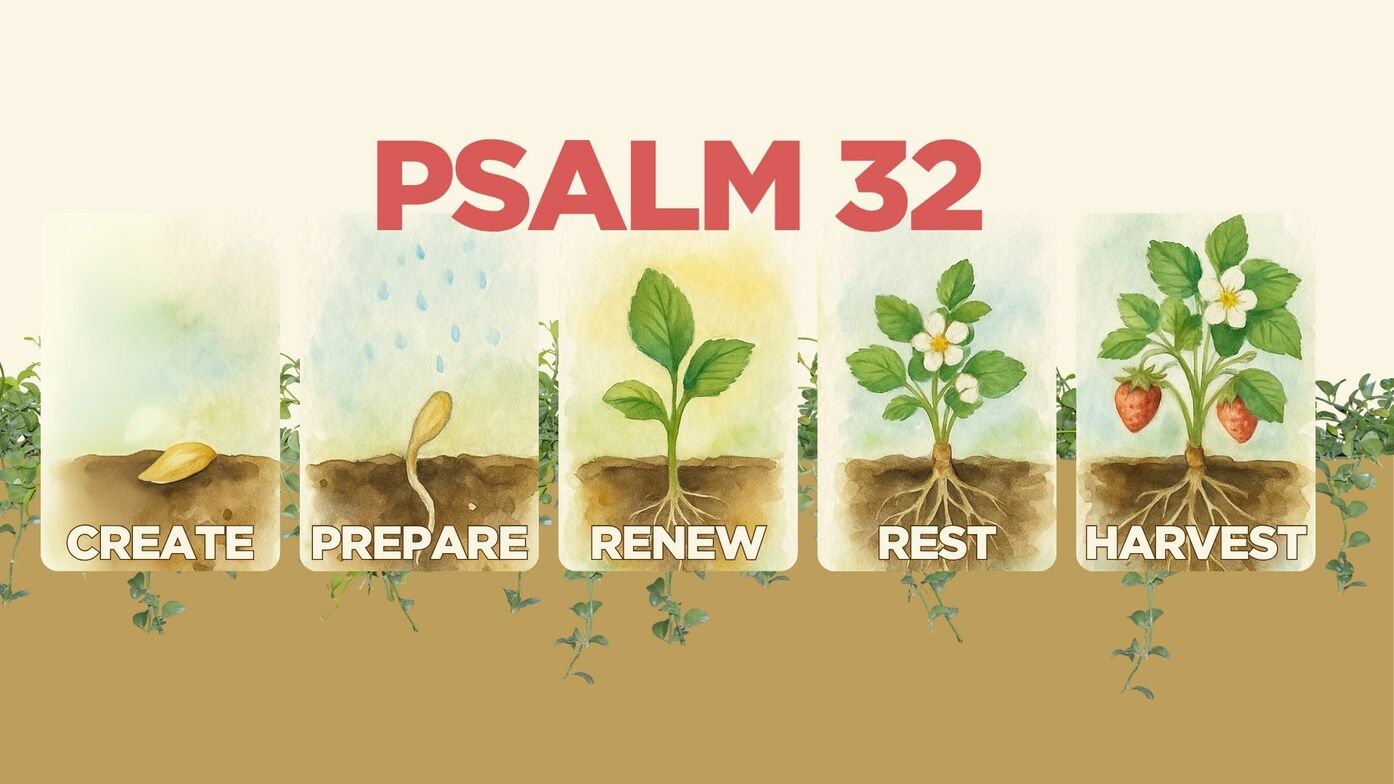
Summary
This sermon focuses on the biblical concept and spiritual importance of rest, particularly as it relates to faith and life rhythms. The pastor begins by reflecting on the different seasons of life and faith, emphasizing that each season requires different kinds of engagement with God’s word—whether it’s a time for creating, preparing, renewing, resting, or harvesting. The central theme for this message is rest, explored through both biblical teachings and practical life applications.
The sermon highlights how modern culture glorifies busyness and productivity, often leading to exhaustion and a neglect of rest. Contrasting this, the biblical model, especially seen in the Sabbath commandment, invites believers to trust God by resting on the seventh day, just as God rested after creation. Rest is not just physical inactivity but an act of faith and trust in God’s provision and sovereignty.
Historical perspectives show that the Jewish practice of Sabbath rest was mocked by surrounding cultures as laziness, yet it was a defining characteristic of God’s people. The sermon points out that rest is commanded by God because humans are prone to overwork and burnout. The manna story from Exodus illustrates God’s daily provision and the necessity of trusting Him for the future rather than hoarding or overworking.
Jesus’ teachings and actions further affirm that rest is a gift for humanity, not a burdensome rule. Rest is meant to bring life, renewal, and freedom, rather than legalism or guilt. The pastor urges listeners to embrace rest as a form of trust and to find joy in activities done purely for pleasure and renewal, not productivity.
Finally, the sermon challenges believers to move towards working out of their rest instead of resting from their work, which means living with a foundation of peace and trust in God’s control. Such a posture becomes a powerful witness to others, showing a life shaped by faith rather than frantic effort. The message closes with a prayer for God’s peace, hope, and the ability to rest well.
Highlights
- Life and faith have different seasons: create, prepare, renew, rest, and harvest.
- Rest is a biblical command rooted in trust, not just inactivity.
- Farmers work in rhythm with the seasons; similarly, faith grows in God’s timing.
- The Sabbath was historically mocked but is a divine gift for renewal and trust.
- Manna teaches daily dependence on God’s provision, emphasizing trust over control.
- Jesus affirmed rest as a gift for humanity, not a restrictive rule.
- Working out of rest, rather than resting from work, shows deep faith and trust in God.
Key Insights
- Seasons of Faith and Life Require Patience and Presence: Just as a farmer cannot rush the growth cycle, believers must recognize that spiritual growth and life progress happen in God’s timing. This prevents frustration and burnout by encouraging acceptance of one’s current season, whether it is productive or challenging. It reminds us to engage faithfully with God’s word and presence wherever we are, trusting His timing.
- Rest as an Act of Faith and Trust: Rest is not simply physical downtime but a spiritual posture that expresses trust in God’s sovereignty. By resting, believers demonstrate that they believe God will provide and sustain them, even when they are not actively working. This counters modern cultural tendencies to equate worth with busyness and productivity.
- The Sabbath’s Radical Counter-Cultural Message: The Jewish Sabbath practice was ridiculed by other nations for its counter-cultural insistence on rest. This shows how deeply ingrained the notion of constant work is in human societies. Yet, the Sabbath remains a divine institution designed to protect human dignity and promote spiritual health by forcing a rhythm of work and rest.
- God’s Daily Provision as a Lesson in Dependence: The manna story in Exodus powerfully illustrates the principle of daily dependence on God. The Israelites could not hoard manna; trusting that God would provide each day was essential. This teaches believers today to resist anxiety about the future and to rest in God’s ongoing care.
- Jesus’ Teaching on Rest as Liberation: Jesus reframes the Sabbath, emphasizing that it was made for humanity’s benefit, not as a burdensome rule. His healing on the Sabbath underscores that restoring life and well-being takes precedence over legalistic rule-following. This shows that rest is a gift for renewal and freedom, not a legalistic obligation.
- The Danger of Over-Identification with Work: The sermon points out how people often derive their identity and worth from their achievements and busyness. This leads to exhaustion and fear of vulnerability. Rest challenges this by requiring surrender of control and acceptance of human limitations, which is crucial for spiritual health.
- Working Out of Rest as a Faith Witness: The goal is to live and work from a place of rest, meaning that our actions flow from a foundation of peace and trust in God, not from anxiety or compulsion. This posture radiates calm and assurance to others, serving as a tangible witness of faith in a busy, anxious world. It also allows believers to enjoy life’s simple pleasures without guilt or pressure.
Conclusion
This sermon thoughtfully uncovers the spiritual depth of rest as a divine command and a vital rhythm for Christian living. By embracing rest as an act of faith, believers can resist cultural pressures to be constantly busy, find renewal in God’s provision, and live as witnesses of trust and peace. The message invites a profound shift from working endlessly to working out of rest, fostering a life that reflects God’s grace and sovereignty.

